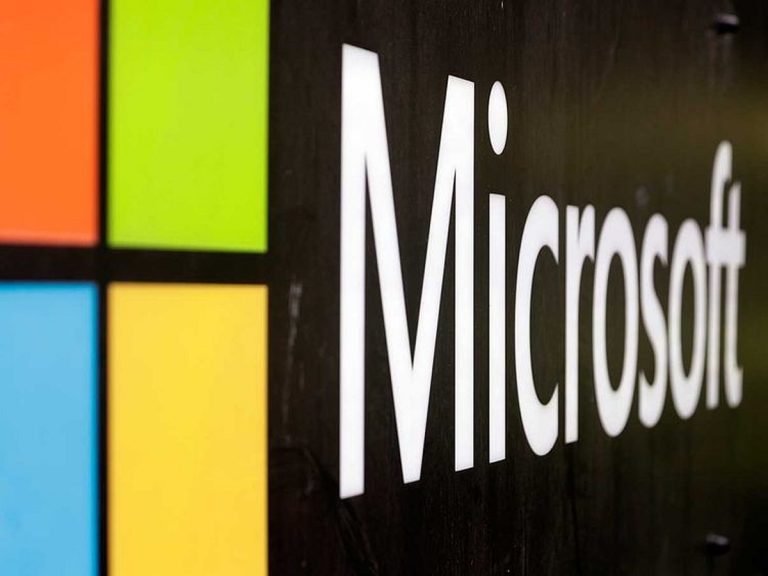Meta to Discontinue Messenger Desktop Apps by 2025
Meta has announced the discontinuation of its standalone Messenger desktop applications for macOS and Windows, effective December 15, 2025. Users will need to adapt to browser-based access for their messaging needs, as the desktop clients will redirect to the Facebook website or Messenger.com after the shutdown date.
Important Transition Details
In the weeks leading up to the shutdown, Meta will notify users through in-app messages. Following these notifications, users will have a 60-day grace period to utilize the desktop apps before they lose access entirely. It is crucial for users to prepare for this transition by backing up their chat histories and ensuring secure storage settings are enabled.
Backing Up Your Chats
To safeguard your conversations, Meta recommends enabling secure storage and setting a PIN for encrypted messages. Users can check their settings by navigating to Privacy & Safety → Message Storage. It’s essential to verify that end-to-end encrypted chat history is backed up to prevent any data loss during the transition.
Accessing Your Conversations Post-Transition
After the desktop apps are retired, users can still access their conversation history through Facebook.com or Messenger.com. This change allows for seamless syncing across devices, ensuring that users can continue their conversations without interruption. For those who prefer a desktop experience, the Facebook desktop app for Windows remains an option, alongside the browser version of Messenger for both Mac and Windows users.
The Rationale Behind the Change
Meta’s decision to phase out the desktop apps aligns with its broader strategy to streamline communication tools and enhance user experience within its web ecosystem. The transition to a Progressive Web App (PWA) in 2024 hinted at this shift, and the complete retirement of the desktop clients marks a significant step in consolidating resources. By focusing on web-based access, Meta aims to reduce maintenance costs associated with multiple native applications while providing a unified user experience.
Preparing for the Change
To ensure a smooth transition, users should take the following steps:
– **Check Secure Storage**: Confirm that your chats are set to back up securely. – **Enable a PIN**: This will help preserve your encrypted messages. – **Export Important Conversations**: If you have chats containing files, consider saving them offline. – **Bookmark Messenger.com or Facebook.com**: This will make accessing your chats easier once the desktop apps are no longer available. – **Test the Web Interface**: Familiarize yourself with the web version, especially for large files or video calls, to assess performance in your environment.
Impact on Mobile Users
It is important to note that the mobile versions of Messenger for iOS and Android will remain unaffected by the desktop app shutdown. Users can continue to use these applications without any changes.
FAQs
When will the Messenger desktop apps be discontinued?
The standalone Messenger desktop apps for macOS and Windows will be discontinued on December 15, 2025.
How can I back up my chat history?
To back up your chat history, enable secure storage and set a PIN for encrypted messages through the Privacy & Safety settings in the app.
Will I still be able to access my messages after the apps are shut down?
Yes, you can access your conversation history through Facebook.com or Messenger.com after the desktop apps are retired.
Conclusion
As Meta transitions away from Messenger’s desktop applications, users must prepare for a shift to browser-based messaging. By backing up chat histories and familiarizing themselves with the web interface, users can ensure a seamless continuation of their messaging experience. This change reflects Meta’s commitment to enhancing its web ecosystem while reducing maintenance overhead.
The decision to discontinue the Messenger desktop apps comes amid a broader trend in the tech industry, where companies are increasingly favoring web-based applications over traditional software installations. This shift allows for more frequent updates and improvements without requiring users to download new versions. Additionally, web applications can be more accessible across different operating systems and devices, catering to a diverse user base.
Meta’s move may also reflect changing user preferences, as many individuals now rely on mobile devices for communication. The growing use of smartphones and tablets has led to a decline in desktop application usage, prompting companies to prioritize mobile and web solutions. As the landscape of digital communication continues to evolve, Meta’s strategy aims to align with these trends while maintaining user engagement across its platforms.
Also Read:
DDLJ at 30: Celebrating Its Impact on Indian Cinema







